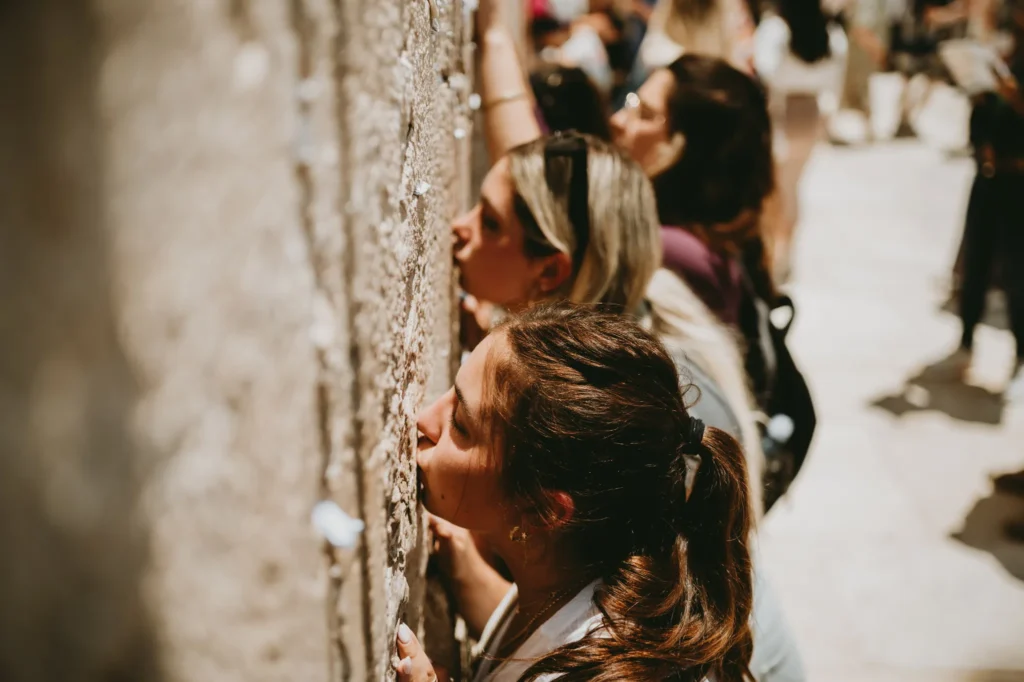Happy Hanukkah Happenings at Hillel
Jewish college students around the world celebrated Hanukkah in fun and innovative ways this year, with campus Hillels leading holiday parties and other events to rejoice in the festival of lights.
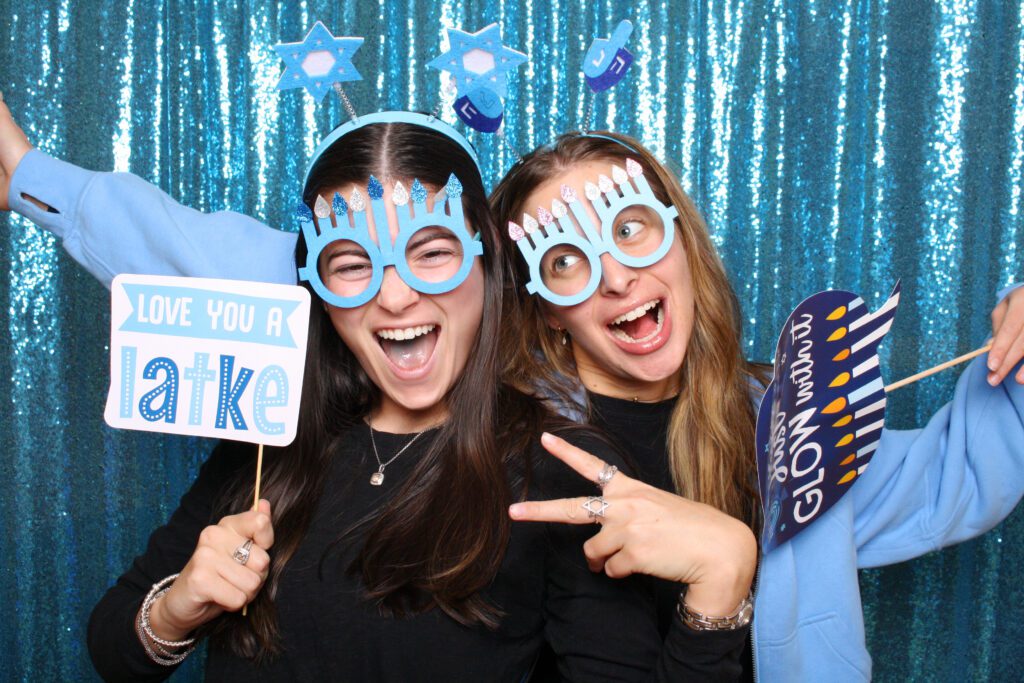
62 results
Jewish college students around the world celebrated Hanukkah in fun and innovative ways this year, with campus Hillels leading holiday parties and other events to rejoice in the festival of lights.

About two years ago, I found one of my grandmother's diaries in a corner of my family's basement. It was very old, the pages were torn, and inside, I found glimpses of her life, including grocery lists and a family secret: my grandmother was Jewish, and so am I.
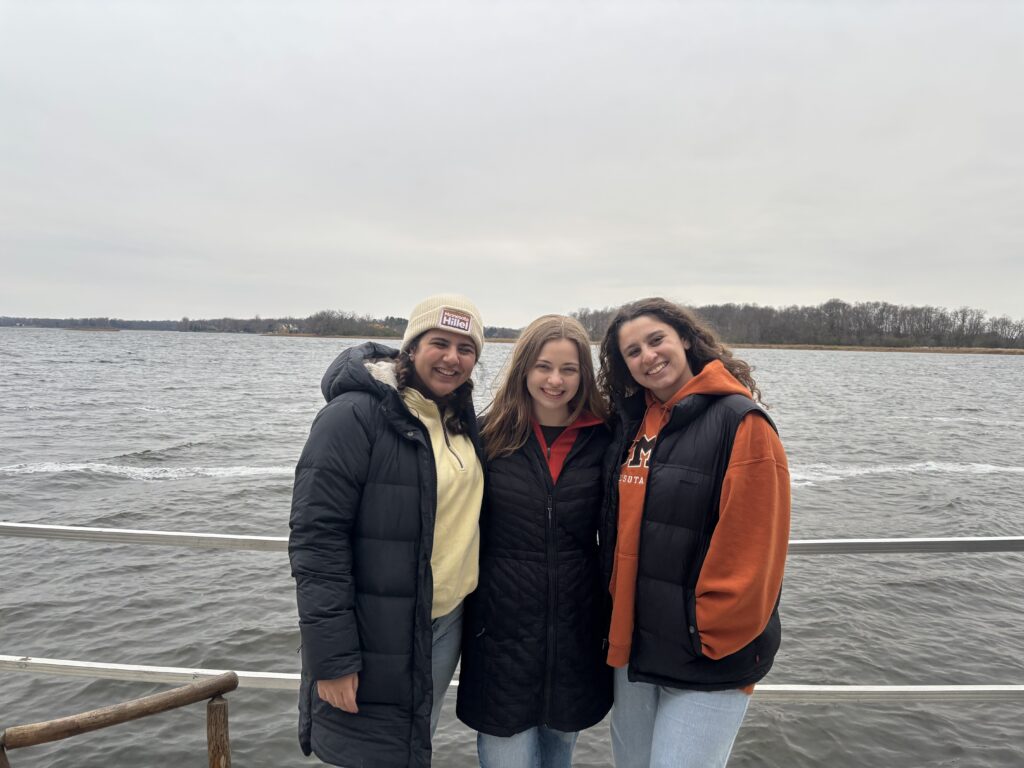
During Hanukkah, our homes become microcosms of the Temple. For each of the 8 nights, we gather together, light candles, and eat foods fried in oil to remember this miracle. These acts of community and ritual strengthen our resolve to bring light into the world, and to celebrate our collective resilience and unity.
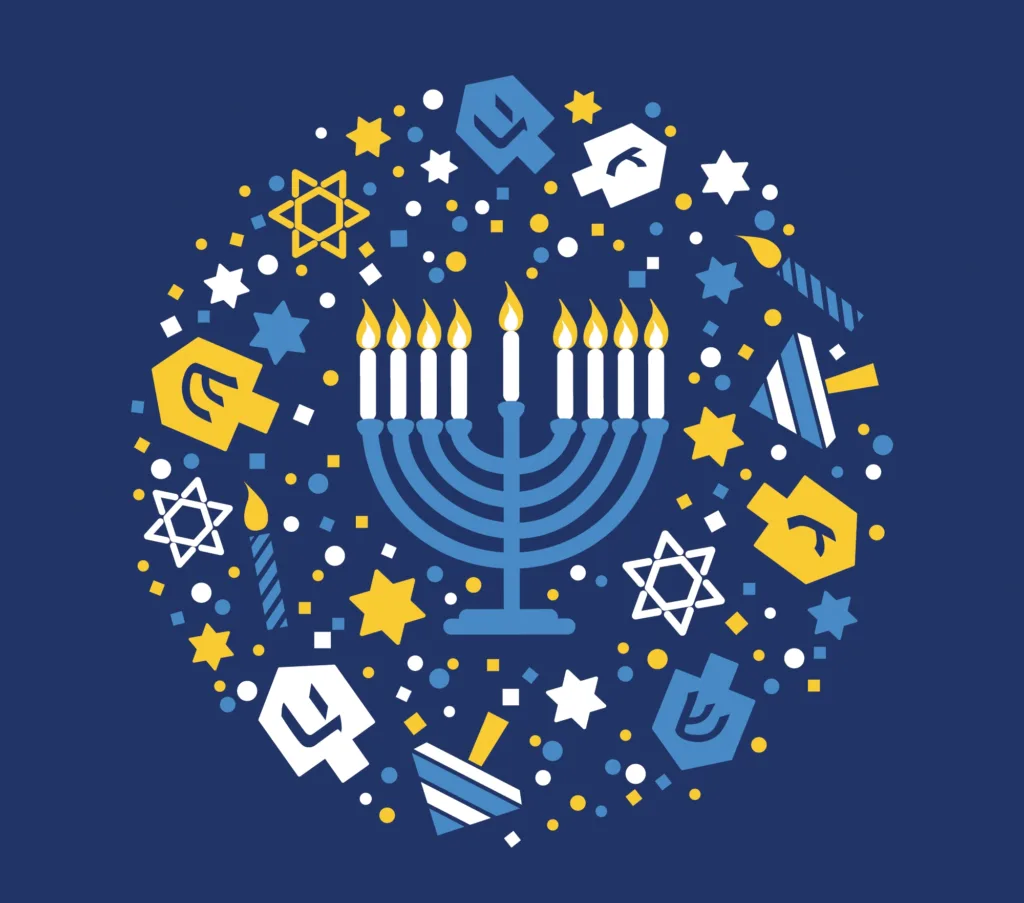
As Jewish college students prepare to light this years’ Hanukkah candles, I’ve been reflecting on the deeper meaning behind the holiday’s glow. Hanukkah is often seen as a joyful, fun-filled celebration – spinning dreidels, eating latkes, and exchanging gifts. And it is! But beyond the festive lights and traditions, there’s a profound story about Jewish identity and resilience that inspires me.
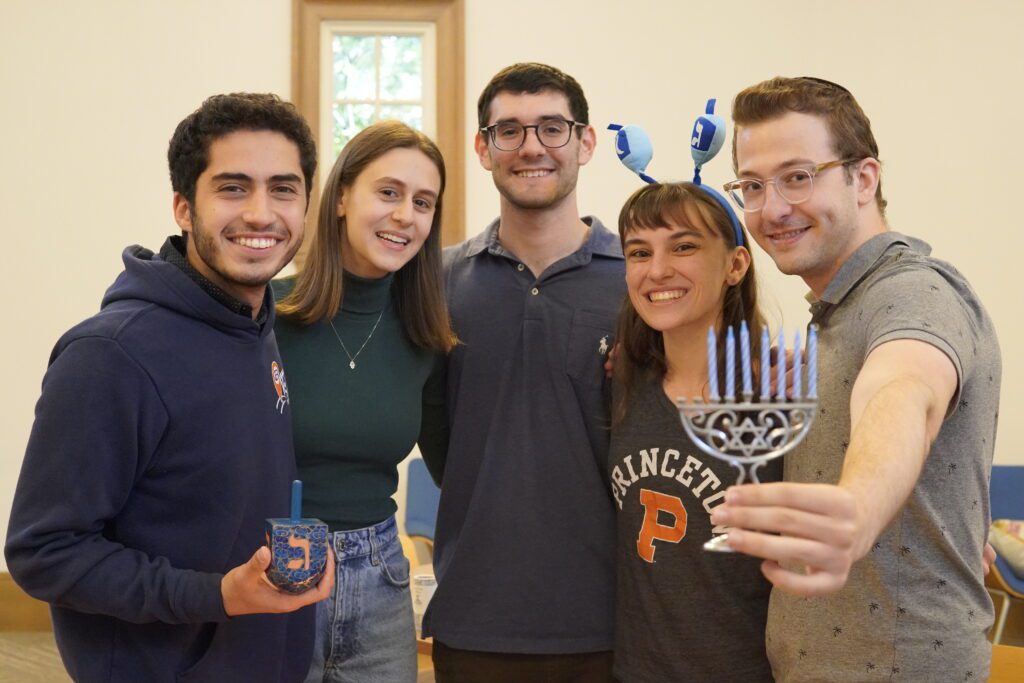
At Hillel, we believe in the power of communities to support college students when they need it most. We believe college campuses are safer, more inclusive places when they come together across lines of difference. And we believe that food makes any event better!
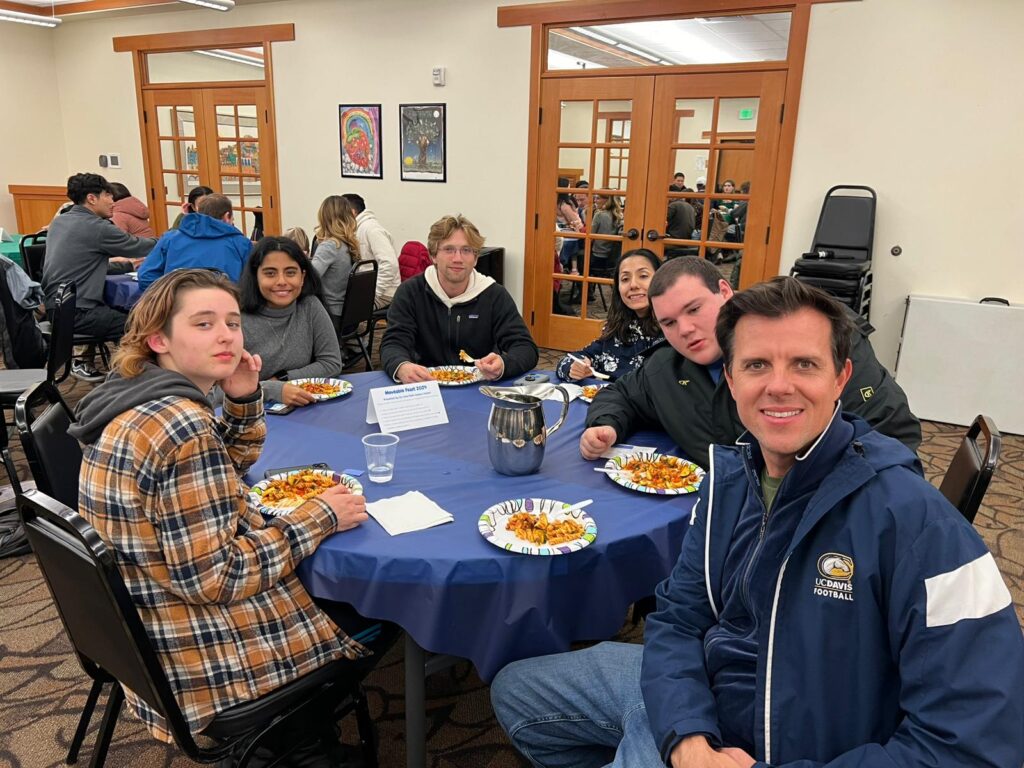
In Judaism, there is a beautiful value called hakarat hatov – which literally means "recognizing the good." It's about actively noticing and acknowledging the blessings in our lives, from the biggest moments to the smallest interactions.
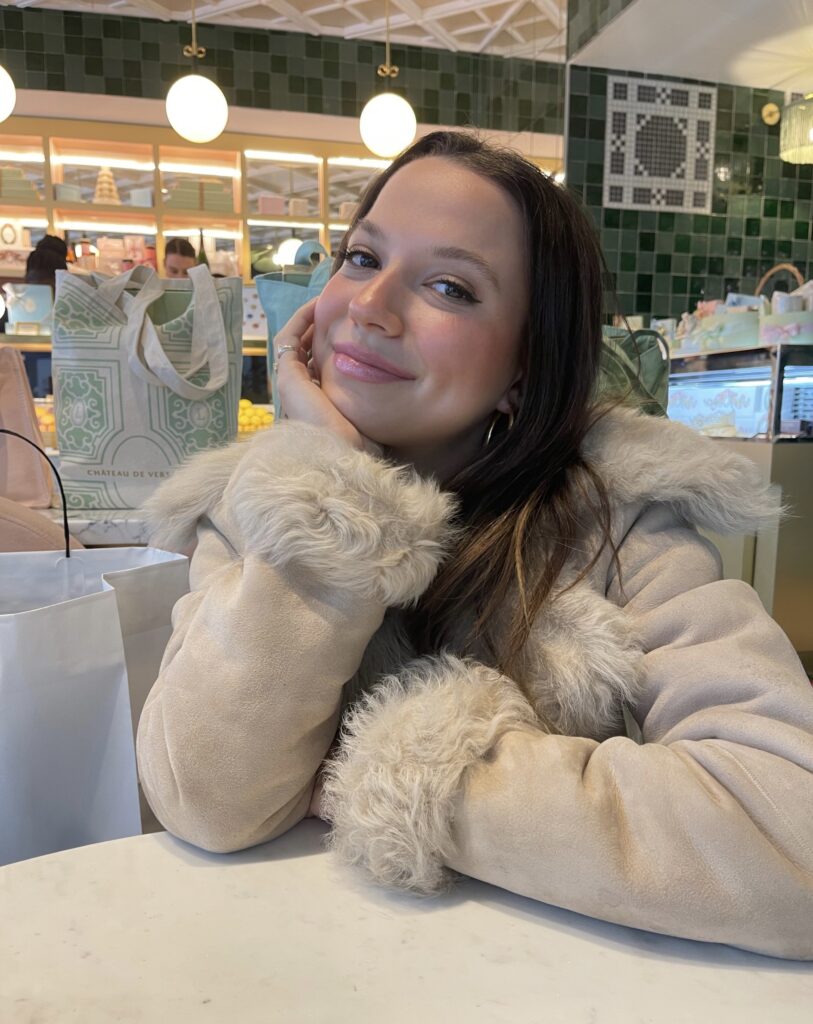
Hi Friend, As Simchat Torah approaches, I find myself caught in a whirlwind of emotions. It’s been a year since that terrible day when joy turned to tragedy, and the festival that celebrates our love for Torah became forever linked with a massacre in Israel that killed over 1,200 people. But as I reflect on […]

Why celebrate one Jewish holiday when you can celebrate four?! After a month of observing the holidays of Rosh Hashanah, Yom Kippur, and Sukkot, the Jewish calendar finally lands on Shemini Atzeret and Simchat Torah, a combined celebration that marks the end of the High Holidays.

Beginning five days after Yom Kippur, Sukkot is one of the three major holidays during the Jewish calendar (the other two are Passover and Shavuot). The word “Sukkot” means “booths” or “huts,” and refers to the structures many Jewish families and communities build to represent the temporary dwellings the Israelites lived in after their escape from Egypt.
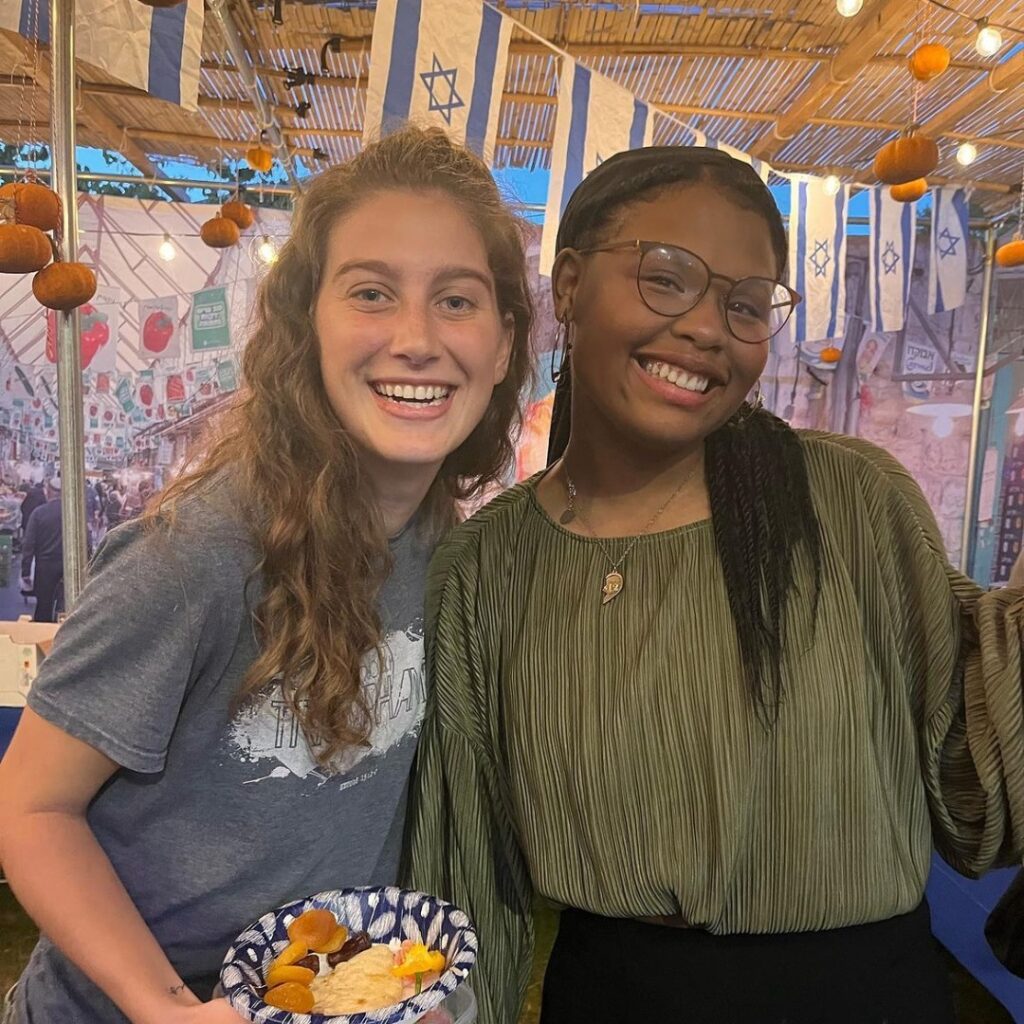
With Yom Kippur approaching, and with the intensity of this week’s commemoration of the October 7 attacks, I've been reflecting on what this holiday really means to me. Growing up, I heard all these daunting things about how I was supposed to act on Yom Kippur: fasting, wearing white clothes, and disconnecting from electronics.
